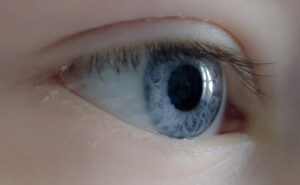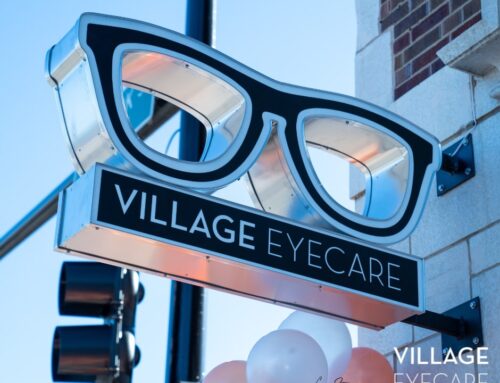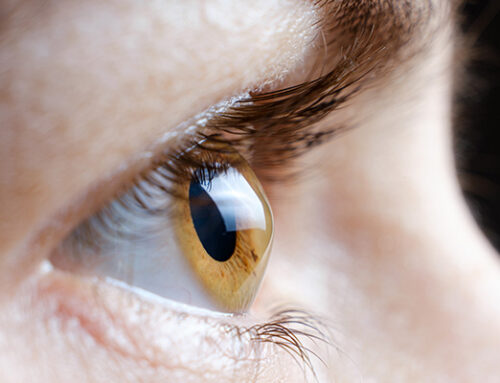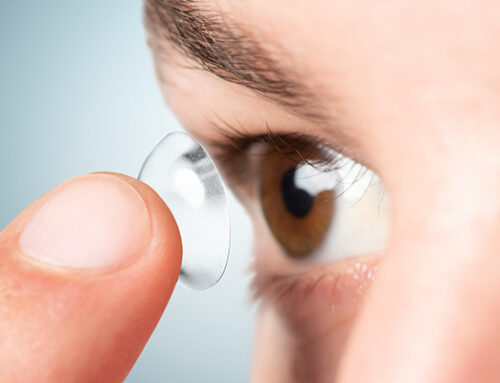Will Keratoconus Make You Go Blind? Understanding the Impact on Vision
Will Keratoconus Make You Go Blind? Understanding the Impact on Vision
 Keratoconus is a progressive eye condition that affects the shape and structure of the cornea, leading to visual distortions and other symptoms. As someone diagnosed with keratoconus, you may be concerned about the potential impact on your vision and whether it will eventually lead to blindness.
Keratoconus is a progressive eye condition that affects the shape and structure of the cornea, leading to visual distortions and other symptoms. As someone diagnosed with keratoconus, you may be concerned about the potential impact on your vision and whether it will eventually lead to blindness.
In this blog post, we will address this common question and shed light on the effects of keratoconus on vision.
Understanding Keratoconus
Keratoconus causes the cornea to thin and bulge into a cone shape instead of maintaining its regular curvature. This irregularity in the cornea’s shape can lead to several visual disturbances, including blurry or distorted vision, sensitivity to light, frequent changes in prescription, and glare or halos around lights.
While keratoconus can significantly impact vision, it is important to note that the condition does not typically lead to total blindness. However, it can cause severe visual impairment if left untreated or if the condition progresses to an advanced stage. With appropriate management and timely intervention, the majority of individuals with keratoconus can maintain functional vision and lead normal lives.
Keratoconus Treatment Options
Various treatment options are available to manage keratoconus and preserve vision. These include:
- Corneal Cross-Linking (CXL): Corneal cross-linking is a procedure that strengthens the cornea by using riboflavin eye drops and ultraviolet light. It is designed to slow down the progression of keratoconus and stabilize the cornea, preventing further thinning and bulging.
- Specialty Contact Lenses: Specialized contact lenses, such as rigid gas permeable (RGP) lenses and scleral lenses, can provide clear and comfortable vision for individuals with keratoconus. These lenses help to mask corneal irregularities and provide a smooth optical surface for improved vision.
- Intacs: Intacs are small, crescent-shaped inserts placed in the cornea to reshape its curvature. They can help flatten the cone-shaped cornea and improve visual acuity, especially in cases where contact lenses are not providing satisfactory results.
- Corneal Transplantation: In advanced cases of keratoconus, where other treatments are not sufficient, a corneal transplant may be considered. During this procedure, the damaged cornea is replaced with a healthy donor cornea. Corneal transplantation can significantly improve vision, particularly when other treatment options have been exhausted.
While keratoconus can have a substantial impact on vision, it typically does not result in total blindness. With early detection, proper management, and timely intervention, most individuals with keratoconus can maintain functional vision and lead fulfilling lives. It is crucial to consult with an experienced eye care professional who can provide a comprehensive evaluation, discuss treatment options, and tailor a management plan to your specific needs. By actively managing keratoconus and seeking appropriate care, you can preserve your vision and optimize your visual acuity.
Village Eyecare has been servicing the Chicagoland area for over two decades and we are specialists in the treatment of the eye condition Keratoconus. Schedule an appointment today with one of our eyecare specialists and let us help you see better.







